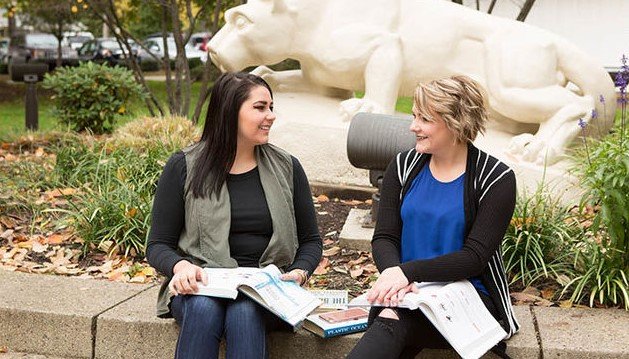UN Women has recently launched a groundbreaking business course aimed at empowering conflict-affected women in Georgia. The “Practical Course on Entrepreneurship – How to Start a Business” is designed to enhance economic opportunities and improve the job market standing for women living across the Administrative Boundary Lines (ABLs) in Georgia. This initiative is part of the broader “Women’s Increased Leadership for Resilient and Peaceful Societies” project, funded by the Danish Government, and aligns with the 2022-2024 National Action Plan for the Implementation of UN Security Council Resolutions on Women, Peace, and Security.
Empowering Women Through Education
The business course aims to equip women with essential entrepreneurial skills, enabling them to start and manage their own businesses. This initiative is particularly significant for women living in conflict-affected areas, where economic opportunities are often limited. By providing practical training and resources, UN Women hopes to foster economic independence and resilience among these women.
Participants in the course will receive comprehensive training on various aspects of entrepreneurship, including business planning, financial management, and marketing strategies. The course is designed to be accessible and practical, ensuring that women can apply the skills they learn directly to their business ventures. This hands-on approach is expected to have a lasting impact on the participants’ economic prospects.

In addition to the technical skills, the course also emphasizes the importance of networking and mentorship. Participants will have the opportunity to connect with successful entrepreneurs and business leaders, gaining valuable insights and support. This network of mentors and peers will be crucial in helping the women navigate the challenges of starting and growing a business.
Addressing Economic Disparities
The launch of this business course is a significant step towards addressing the economic disparities faced by conflict-affected women in Georgia. Many of these women have been displaced from their homes and communities, making it difficult to find stable employment. By providing them with the tools and knowledge to start their own businesses, UN Women is helping to create new economic opportunities and pathways to financial independence.
The course is part of a broader effort to promote gender equality and women’s empowerment in Georgia. It aligns with the goals of the UN Security Council Resolutions on Women, Peace, and Security, which emphasize the importance of women’s participation in economic and political processes. By empowering women economically, the initiative also contributes to broader peacebuilding efforts in the region.
The success of this program could serve as a model for similar initiatives in other conflict-affected areas. By demonstrating the positive impact of targeted support and training, UN Women hopes to inspire other organizations and governments to invest in women’s economic empowerment. This could lead to a ripple effect, creating more opportunities for women in conflict-affected regions around the world.
Building Resilient Communities
The business course is not just about individual empowerment; it is also about building resilient communities. By supporting women entrepreneurs, the initiative aims to strengthen local economies and promote social cohesion. Women who are economically empowered are more likely to invest in their communities, creating jobs and supporting local development.
The course also includes components on social entrepreneurship, encouraging participants to develop business ideas that address social and environmental challenges. This focus on social impact is particularly important in conflict-affected areas, where communities often face multiple challenges. By fostering a sense of social responsibility, the course aims to create businesses that contribute to the overall well-being of the community.
The involvement of local organizations and government agencies is crucial to the success of this initiative. The course is facilitated by the Office of the State Minister for Reconciliation and Civic Equality, with support from the Academy of the Ministry of Finance. This collaboration ensures that the program is well-integrated into local development efforts and has the necessary support to achieve its goals.
